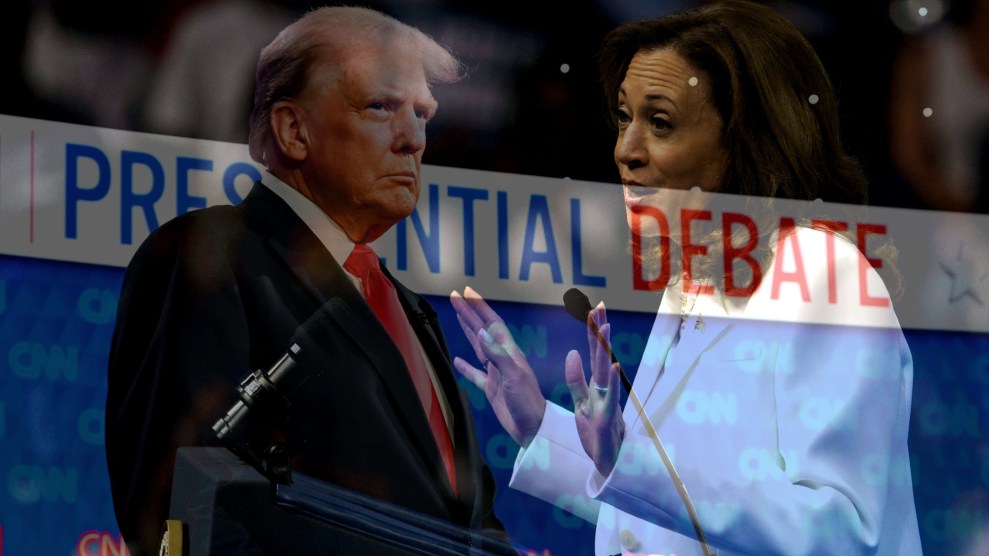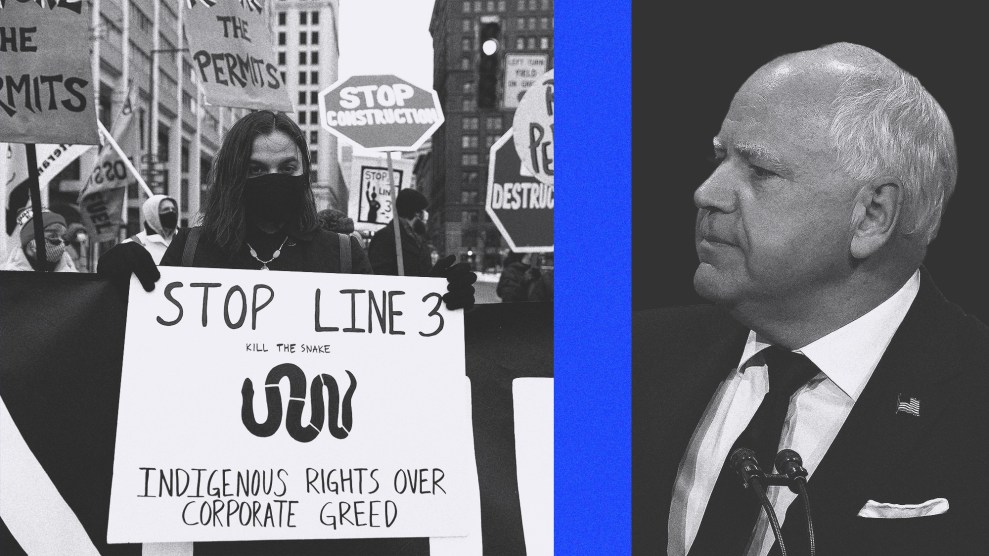Much has been written already about General David Petraeus’ and Ambassador Ryan Crocker’s two days of marathon testimony on Capitol Hill this week, including plenty about the degree to which they also testified about Iran’s influence both in Iraq and in the greater Middle East. Petraeus was quick to call Iran’s influence in Iraq “malevolent”, but less quick to reconcile that influence with the fact that Iran is on friendly terms with the U.S.-backed Iraqi government. Just hours after the two men wrapped up their show, President Bush kicked up the rhetoric. According to the Times> of London, “President Bush warned Iran [] that if it did not stop arming and training Shia militia in Iraq then ‘America will act to protect our interests and our troops.'”
Interestingly, while Petraeus and Crocker sat before the Senate Foreign Relations Committee on Tuesday, the National Iranian American Council hosted a conference, drawing on the expertise of journalists, scholars, former chief U.N. Weapons Inspector Hans Blix, and Sen. Dianne Feinstein (D-Calif.), to examine America’s best options if it seeks to keep Iran’s nuclear weapons program dormant. Iran, which recently claimed to be installing 6,000 new centrifuges at its uranium enrichment plant in Natanz, could restart its weapons program, and preventing that, the guests noted, will likely require direct U.S. diplomatic engagement with the Islamic Republic.
That process would no doubt have an impact on Iran’s influence in Iraq, and it might well prove to be a positive one. “Iran recently proved helpful in brokering a ceasefire between Prime Minister al-Maliki and Moqtada al-Sadr’s JAM militias in Basra, Feinstein noted. “Clearly, a more positive relationship with Iran might be helpful in stabilizing Iraq.” That ceasefire is by no means destined to hold, and will by no means solve the fundamental political rifts that keep Iraq ablaze. But it has knocked violence down noticeably, which is something all sides no doubt welcome.















